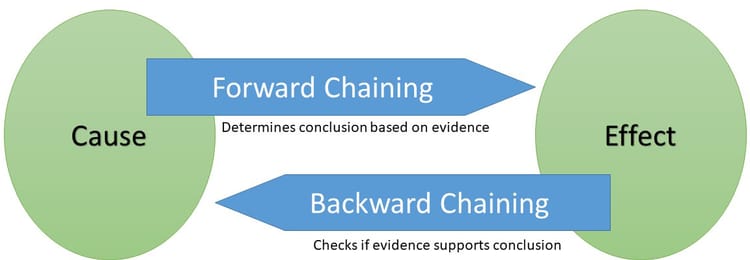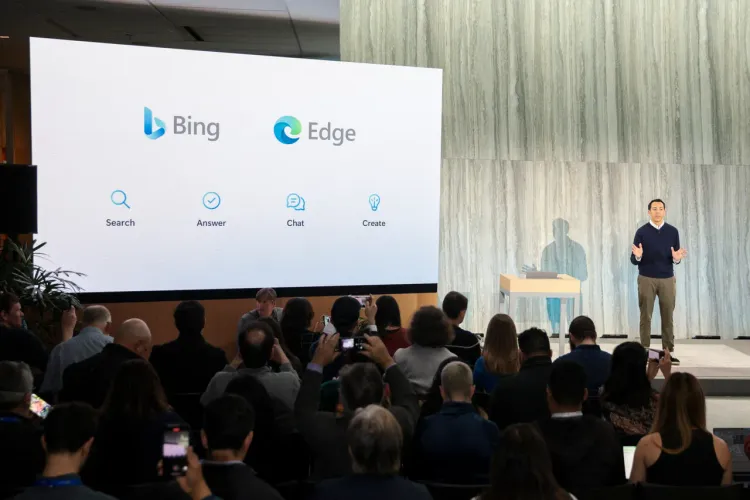Mental Health Meets Machine Learning

Socos Labs has recently engaged in conversations around the use of AI in measuring and addressing the global mental health of children. Though questions surrounding mental health and the futures of our children are notably pressing during the Covid-19 crisis, our work in these spaces is ongoing.
Of particular note is Dr. Ming’s work building AI to manage manic and depressive episodes in those suffering from bipolar disorder. After a seemingly unrelated series of events involving a few startups and some crappy Mexican food, Vivienne embarked on a rabbit hole quest to use machine learning and passive data as means of predicting upcoming episodes. Enter Emozia: a group of NYC founders building a platform for mobile phones that took passive data–gyroscope, ambient light, accelerometer, GPS, weather, power use–to infer the current emotional state of users. The technology didn’t read your texts or your browser history–you just kept your phone in your pocket, and Emozia would pick up trends throughout the day.

The tracking of these trends proved an incredibly powerful means of predicting manic episodes. When paired with a volunteer with the disorder, the system learned a baseline set of patterns for ballistic movement, ambient noise, travel around the city, and other factors. After following the volunteer through several episodes and recovery periods, changes in those learned patterns produced clear signals of oncoming manic episodes up to a month in advance.
That window of action has huge implications for the treatment of bipolar disorder, but questions of when and how to use such predictions remain open. Like many projects with ML and AI at their core, how we proceed becomes a matter of balance between wrongly intruding into people’s lives and leveraging technology that could potentially save many. With work done by Dr. Ming and others, it is at least possible to begin considering data-informed treatments and interventions as a legitimate option for mental health and take the first first steps towards seeking that balance together.




